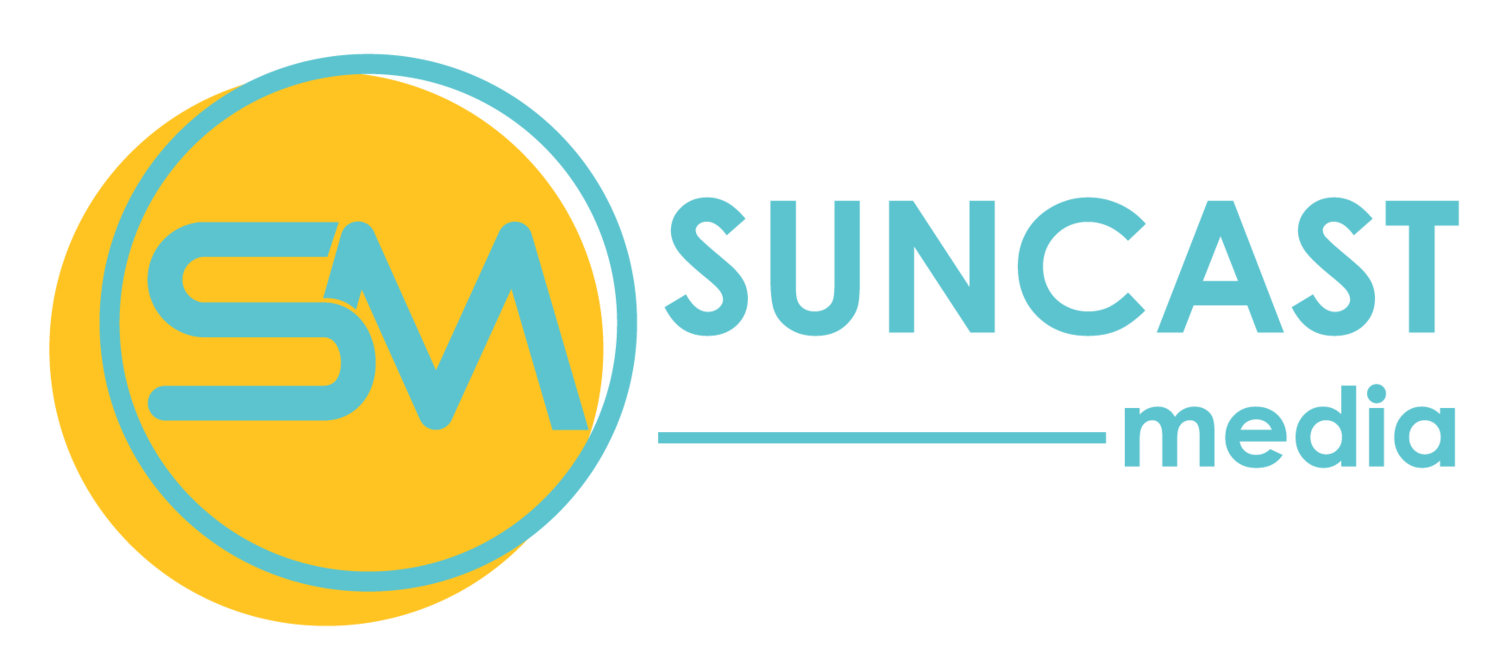We'd love if you'd leave us a 5 ⭐ rating & review and it's never been easier: www.ratethispodcast.com/suncast
Seattle-based Omnidian provides comprehensive protection plans for commercial, industrial and residential solar energy investments — and delivers what Chief Operating Officer Dave Kenny describes as retail-inspired excellence in customer experience (CX).
In today's podcast, Dave presents compelling data that underscores the need for a more robust, customer-centric experiences in the solar industry. He also illuminates how enterprising entrepreneurs can leverage data and the evolving Internet of Things (IoT) to deliver on customer-centric experience at scale.
"Imagine a world where the phone rings, you answer, and the person on the other end of the phone tells you your asset had a recent performance problem associated with a particular root cause. The caller offers to help you troubleshoot and resolve the issue live on the phone, schedule a time at your convenience to have that call, or have somebody come out to your facility, home or site to fix the problem. That's the experience we're looking for," Dave said.
Dave has spent more than 15 years building solar plants and the teams and software to keep them running. In this first episode of our Beyond O&M: The Future of Solar series, Dave discusses the evolution of solar as an asset class through his deep experience in building operations and fleet management for both utility-scale solar portfolios and national residential solar leaders such as SunRun.
Six-year-old Omnidian operates software platforms that monitor and remotely diagnose problems relating to the performance of solar power assets. It also uses actuarial data, an understanding of weather risk and advanced monitoring capabilities to offer a performance guarantee.
Issue detection helps avoid the "horror stories" about solar installations that are unknowingly offline for months. A customer only discovers the problem after receiving an unexpectedly large utility bill and "walking out into the garage and seeing the thing is off."
Dave compares issue detection to finding a needle in a haystack.
"The hay is all of the noise. And when you're looking at a large portfolio of assets, there's a lot of noise. There are a lot of nuisance alerts. A lot of emails are triggered, and a lot of time, energy, and effort goes into figuring out what is noise and what isn't.
“The proverbial needle is the actionable issue. And again, if you’ve got a large portfolio of assets, there are needles inside that haystack. The challenge is in finding them,”
At a conceptual level, Dave said there are two ways to approach monitoring and issue detection. One way is to tune into the stream of notifications from individual components and "filter through the noise because there's a lot of it" to find anything actionable. The other is to ignore the data feed and think about generated kilowatt hours.
"Expected kilowatt hours are a function of weather conditions on site, the design attributes of the system, the array, and a production model or simulation engine. If you can get that right, you can do a lot with it," he said.
By examining the variance between actual and expected kilowatt hours, it's possible to develop pattern recognition around the various signatures in the data. "Of course, the most powerful approach is to leverage both by combining the two strategies into integrated issue detection," he said.
Historical operational experience closes the loop. Omnidian creates robust data science solutions that can detect, confirm and diagnose issues by connecting past service activity to the anomalies observed and flagged in the time series data.
How customers feel about interactions with a company dramatically impacts their loyalty to that company. To optimize customer experience and build loyalty, companies must make customers feel valued, solve issues quickly, and communicate promptly, using plain language.
Dave said Omnidian is advancing its customer experience strategy by doing precisely those things. "At the end of the day, we're selling trust," he said. The key is ensuring customers trust their solar technologies will generate a return on investment, unlock flexibility in energy procurement, and help drive progress on climate change.
"Then we, as an industry, are positioned to drive even more accelerated growth across the country," he said.
Dave has much more to say in this deep dive into The Future of Solar. I hope you have a chance to tune into the entire podcast and follow along as we unwrap this six-part series in partnership with Omnidian. You can check out the series and the experts who comprise it at: www.mysuncast.com/futureofsolar.
ABOUT THE HOST OF SUNCAST:
Nico Johnson is the creator and host of SunCast, consistently rated a top solar podcast in the clean energy sector. The content of the show is geared towards listeners looking for insights on where the markets are headed, how to position themselves or their companies, and what today's market leaders do to stay ahead of the pack.
Nico is an Investor, Executive Coach, and 16-year veteran of the solar industry, having led development in the US and Latin America for global companies like Trina Solar and Conergy.
You can connect with Nico Johnson on Twitter, LinkedIn or email.
If you’ve been second-guessing your work decisions or maybe trying to reconsider how you "fit" in the renewable energy industry -> grab 20 minutes on Nico's calendar and discuss whether having him as Your personal coach might be the right next step.

